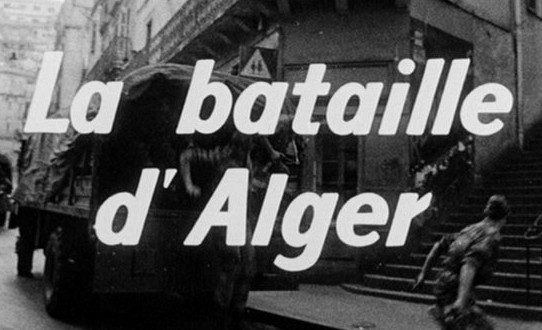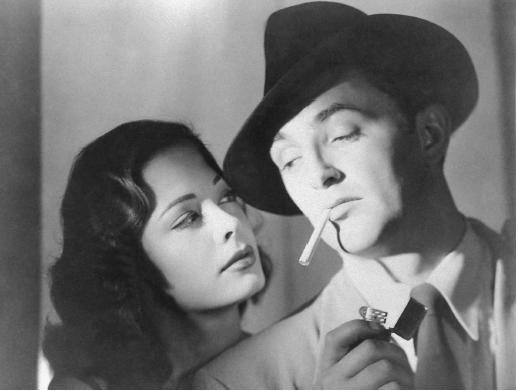
Making a multi-faceted movie is not easy and almost never done. In the case of Fernando
Meirelles's City of God, multi-faceted is its middle name. Thematically, it crosses many genres; coming of age, drug, thriller, social scrutinizing. It is almost impossible to label precisely.
City of God is namely a story of the narrator, Rocket, an inhabitant of a
favela (kind of like a Brazilian shanty town), which happens to also be the titular reference,
City of God (or
Cidade de Deus in Portuguese). He is very much exposed to drugs and violence and corruption, but he avoids getting mixed up in the gangs by exploring his passion: photography. Interestingly enough, the photography of the film has been
praised and was nominated for Best Cinematography at the 2002 Academy Awards, along with three other nominations.
It should have won Best Cinematography.
Fricken Lord of the Rings.
The
neo-realistic vision set forth by the director of photography,
César Charlone, is not necessarily revolutionary, but definitely effective.
DISCLAIMER: Unfortunately there are no special commentaries or behind the scenes on the DVD or any reliable websites, so this post is purely based on observations, which are limited due to my being a human and everything.
Right from the beginning, the camera acts as another character in the movie, offering insight that would not necessarily be emphasized. A gritty, raw filter is used to accentuate the dismal city. The general mood is pessimistic, heartbreaking. Children are shooting children. Friends are dying over feuds whose beginnings have been lost. Power is mistaken for love. Most of the scenes are filmed with a
Steadicam, but the real gems are the handheld scenes. Most notably was the use during a death shot – imitating the position and movements of someone being shot, then eventually fading out, as if eyes were closing. Although this technique has been used before, the integration of the camera as a character with a classically defined “point of view” breaks up the monotony of just tracking or just panning. The shots reflected an unadulterated portrayal of the violence experiences of the particular area, but the amount of violent acts shown were appropriate and not overdone, which could have easily been abused.
Meirelles wanted to keep the energy and general atmosphere of the ghettos so he hired all natives as actors in the movie, with the exception of
Matheus Nachtergaele. The combination of authentic Brazilian citizens and altruistic shots of Brazilian slums made the movie just plain interesting. Thankfully,
Charlone and
Meirelles’s skillful range and appreciation for the storyline made the movie worthy of artistic praise, as well as thematic acclaim.
Charlone will be directing photography for the upcoming
Blindness, based on the novel by
José Saramago. (Kind of nervous about the adaptation, not gonna lie.) Basically, the novel depicts a situation where an entire city undergoes a white blindness epidemic, meaning a piercing white is all people can see. It will be interesting to see what choices he makes with how to convey the blindness, as well as incorporate the sight of the only person who does not get affected by the plague, an
ophthamologist's wife (ha). The book also dealt with rape and murder, so I
wouldn’t be surprised if there were cinematic essences of
City of God repeated in
Blindness.









